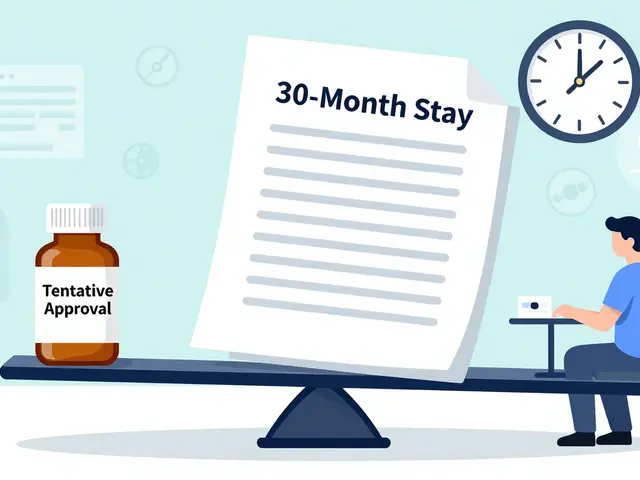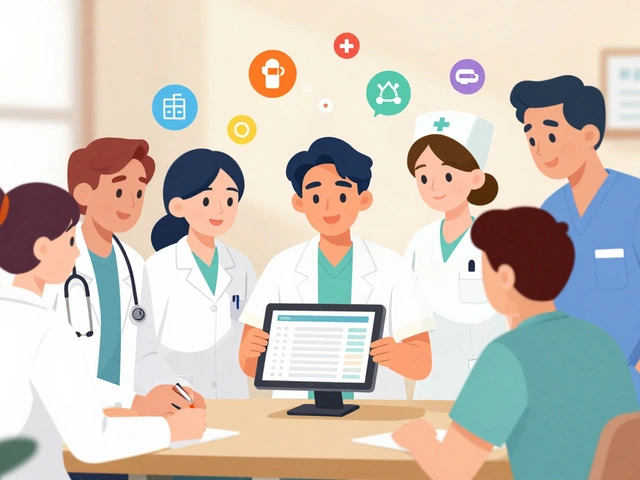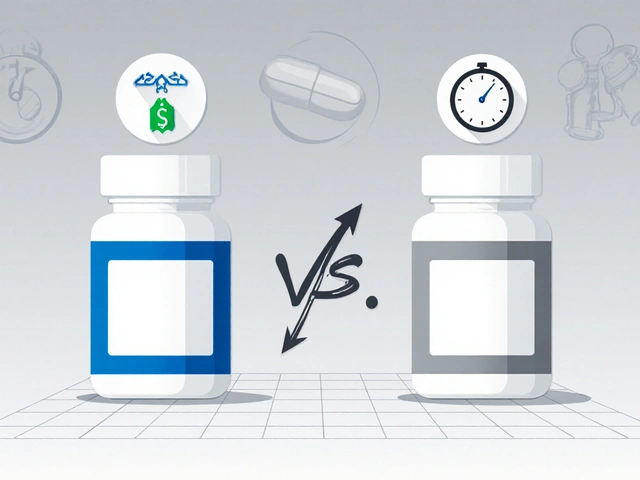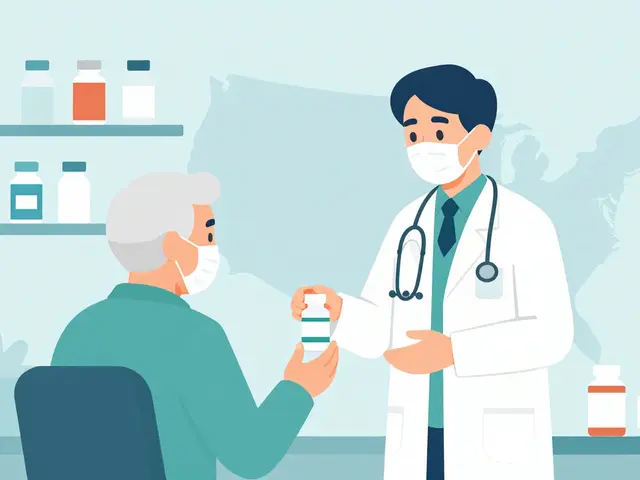Superfood Guide: What to Eat — and What to Watch for With Meds
Think superfoods are always safe? Not always. Some powerful foods and supplements can change how your medications work. This page helps you pick superfoods that add real value and avoid ones that cause trouble with common drugs.
Quick wins: superfoods that really help
Blueberries, leafy greens, fatty fish, and plain yogurt are easy picks. Blueberries give antioxidants without interacting with most meds. Leafy greens deliver vitamins and fiber — but if you take warfarin, keep your vitamin K consistent and talk to your doctor before changing how much you eat. Fatty fish like salmon bring omega-3s that support heart health and rarely clash with drugs, though very high-dose fish oil can thin the blood more when paired with anticoagulants. Plain yogurt and other fermented foods give probiotics that can help digestion; if you’re on strong immunosuppressants, check with your clinician first.
Foods and supplements that need caution
Grapefruit is tasty but one of the most common troublemakers. It blocks enzymes that clear many drugs, raising their levels — this matters for some blood pressure meds, statins, and certain psychiatric drugs. Green tea is healthy but contains caffeine and can reduce the effect of some blood pressure medicines; it also affects stimulant-type drugs. High-dose vitamin K (found in large amounts in some superfood powders) can reduce warfarin’s effect. Iron, calcium, and high-fiber meals can cut absorption of thyroid pills and certain antibiotics — take those meds on an empty stomach or as your doctor says.
Herbal supplements marketed as "superfoods" deserve extra care. St. John's wort speeds up liver enzymes and can make birth control pills, antidepressants, and many other drugs less effective. Turmeric in normal food amounts is fine, but concentrated turmeric/curcumin supplements can affect blood thinners and diabetes meds. Always tell your prescriber about any herbs or powders you take.
Simple rules you can use today: keep a consistent intake of green leafy vegetables if you’re on blood thinners; avoid grapefruit while taking sensitive meds; separate thyroid medicine from calcium, iron, and high-fiber meals by at least four hours; and don’t start high-dose herbal extracts without checking with your clinician or pharmacist.
Buying superfood supplements online? Use trusted pharmacies and check reviews carefully. Look for clear labeling, third-party testing seals (like USP or NSF), and transparent ingredient lists. If a product promises miracle cures, that’s a red flag.
Have questions about a specific pairing — say, omega-3s with a statin or turmeric with blood pressure pills? Ask your doctor or a pharmacist and, if needed, bring a list of everything you eat and take. Small changes in diet can make a big difference to how your meds work, and a quick check can keep you safe while you enjoy superfoods that actually help.
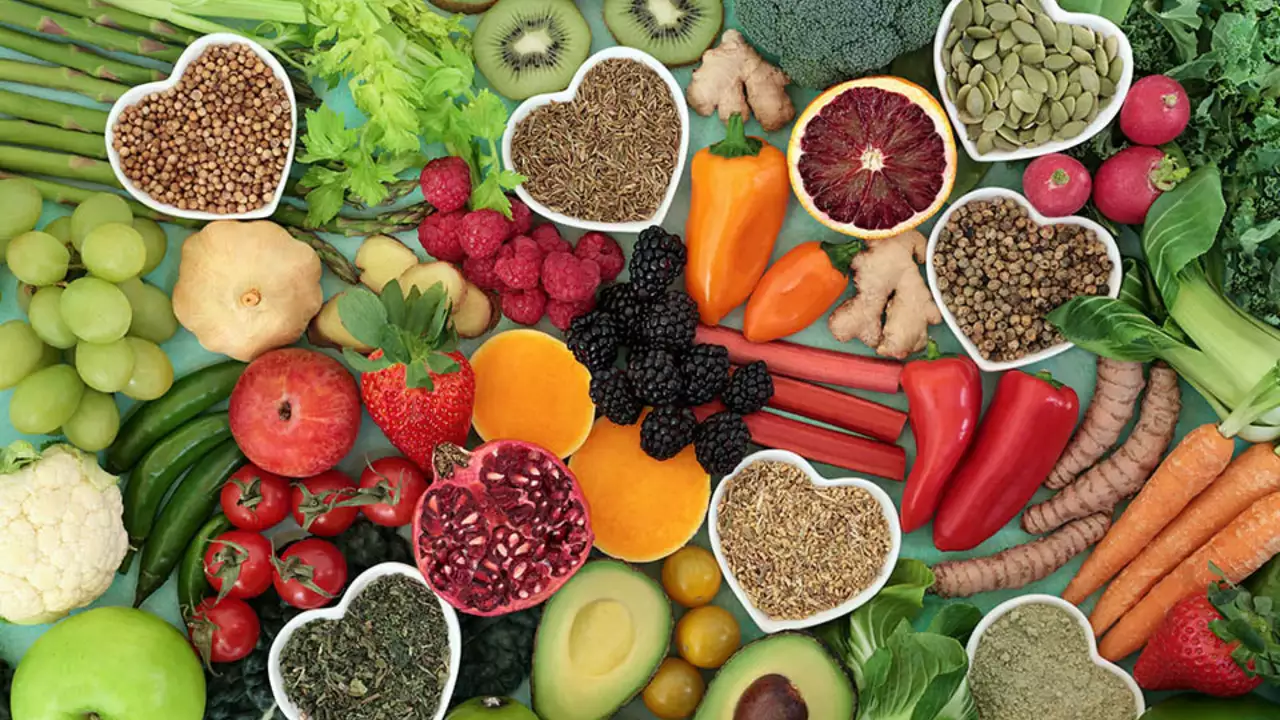
Chia to the Rescue: Top 10 Benefits of This Superfood Dietary Supplement
In my latest blog post, I explored the top 10 benefits of Chia seeds, a true superfood and dietary supplement. I found out that these tiny seeds pack a punch with their impressive nutrient profile, including being a great source of omega-3 fatty acids, fiber, and protein. Chia seeds also help in maintaining a healthy weight, managing diabetes, and supporting heart health. Moreover, they contribute to stronger bones and teeth, and even promote better digestion. I highly recommend incorporating Chia seeds into your diet for overall improved health and well-being.
View More
